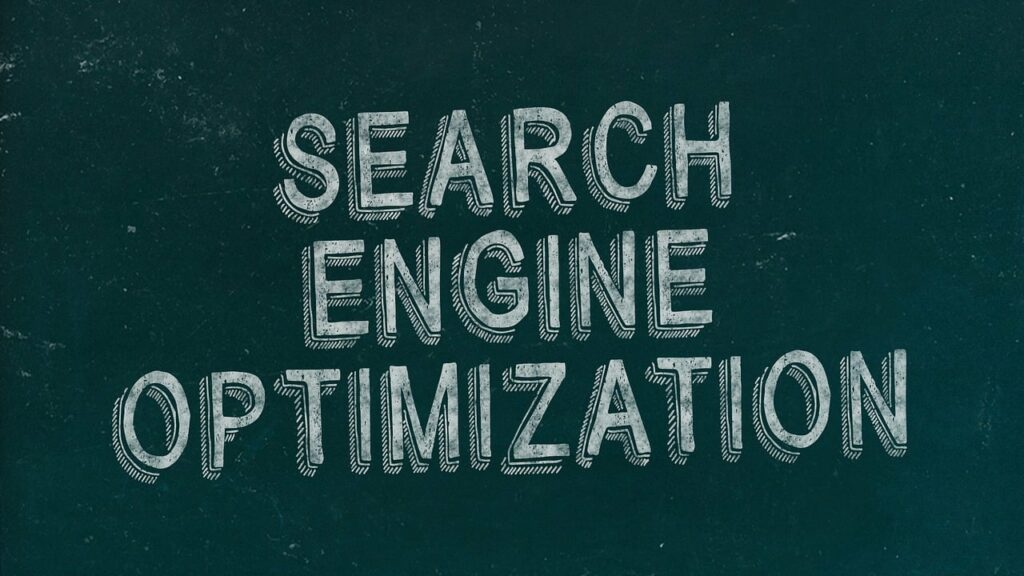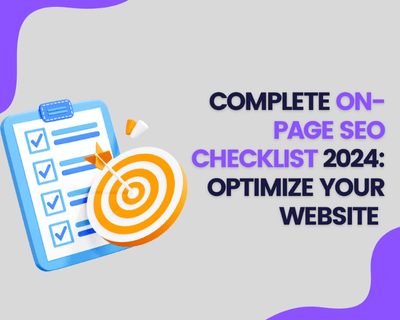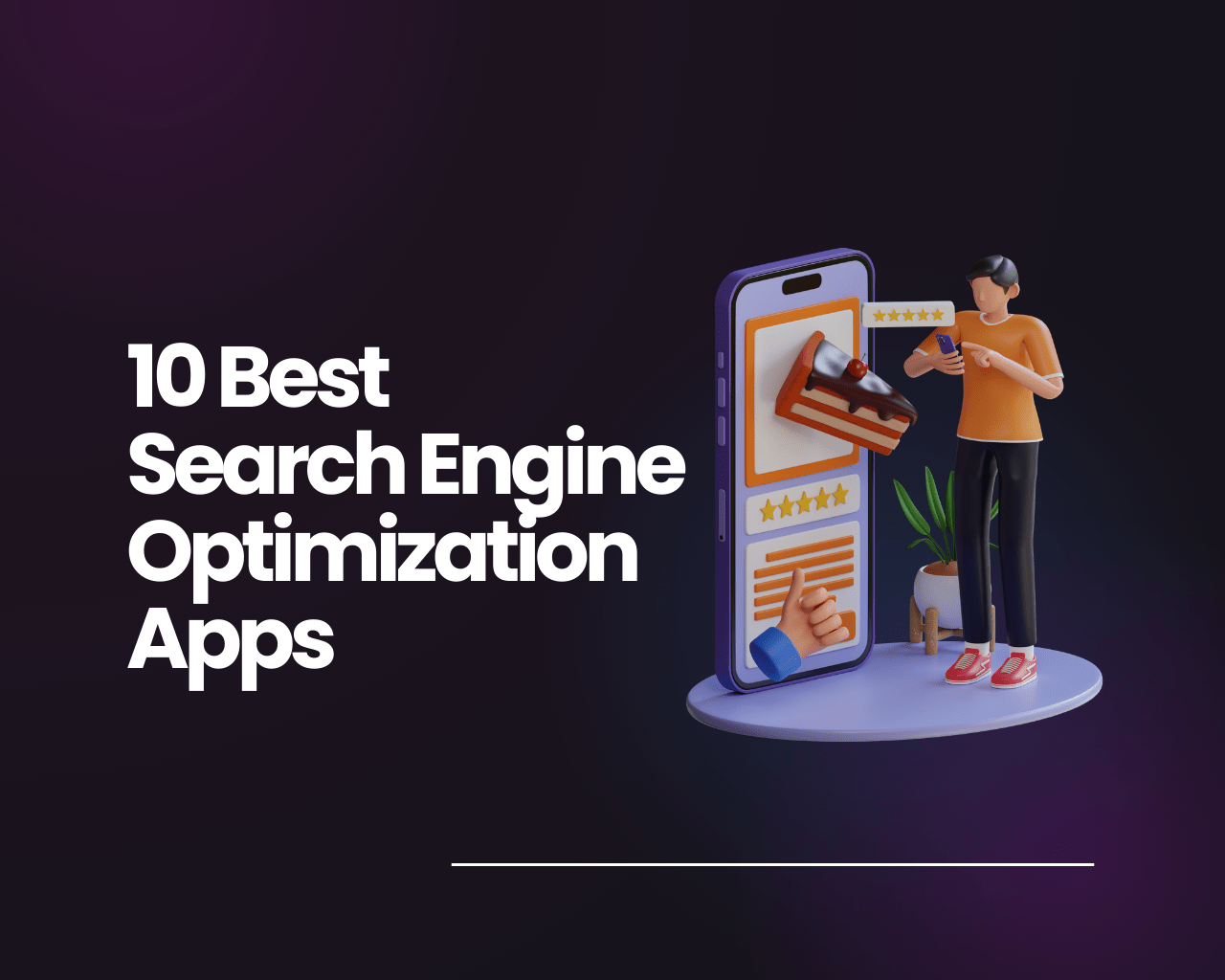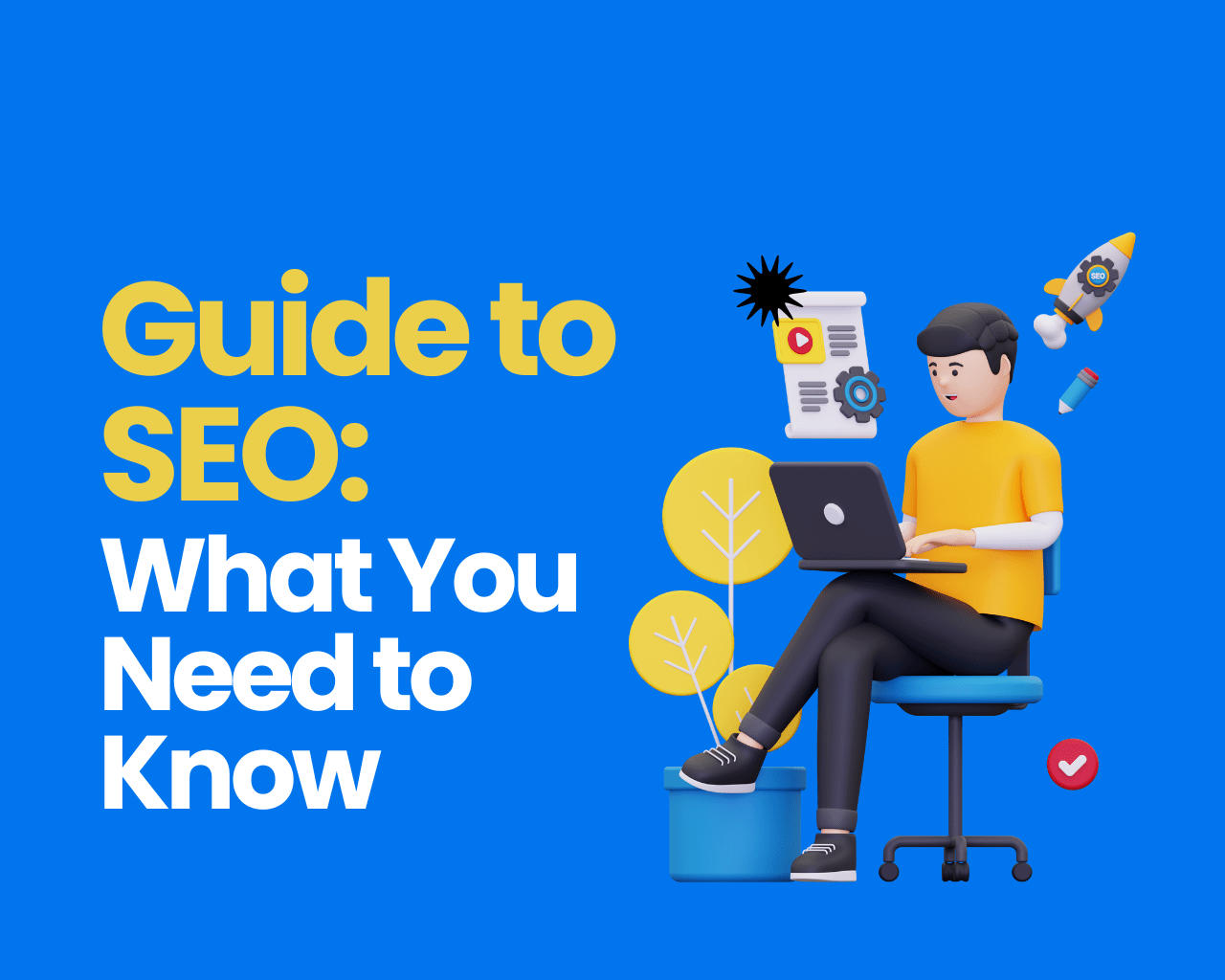Guide to SEO: Any website or business operating in the modern digital world needs to have a strong online presence. To do this, search engine optimization, or SEO, is essential for getting your content in front of the right people and raising your website’s search engine ranking on platforms like Google. This thorough guide will bring you through the fundamentals of SEO if you’re new to the field.
What is SEO? – Guide to SEO

SEO, or Search Engine Optimization, refers to the practice of optimizing your website and its content to rank higher on search engine results pages (SERPs). The higher your site ranks, the more likely users are to click on your link, leading to increased traffic and potential conversions. Guide to SEO involves a range of strategies, from keyword research and on-page optimization to link building and technical SEO.
Why is SEO Important? – Guide to SEO

With millions of websites competing for attention, SEO is vital for standing out in the crowded online space. Here are a few reasons why SEO is essential:
- Increased Visibility: Higher rankings on SERPs mean more visibility, which can lead to more traffic.
- Credibility and Trust: Websites that rank well in search results are typically trusted by users, who associate them with authority and dependability.
- Cost-Effective Marketing: Compared to paid advertising, SEO provides a more sustainable and cost-effective way to drive traffic to your site.
- Better User Experience: SEO focuses on improving site structure, speed, and content, leading to a better user experience.
The Basics of SEO- Guide to SEO
Understanding the basics of SEO is the first step in your journey. Below are the core elements you need to know:
1. Keyword Research
Finding the words and phrases that people in your target audience are searching for is known as keyword research. These keywords should be strategically incorporated into your content, meta descriptions, headers, and URLs to help search engines understand what your page is about. Utilize tools such as Ahrefs, SEMrush, and Google Keyword Planner to find the most relevant keywords for your SEO strategy.
2. On-Page SEO
On-page SEO focuses on optimizing the content and HTML source code of your web pages. This includes:
- Title Tags: One of the most crucial on-page SEO factors is the title tag. It must contain your main keyword and be intriguing enough to entice clicks.
- Meta Descriptions: Search results show a synopsis of the page content beneath the title. It ought to be brief, educational, and contain your desired keyword.
- Headers (H1, H2, H3): Proper use of header tags helps organize content and makes it easier for search engines to understand the structure of your page.
- Content Quality: High-quality, unique content that provides value to users is essential for SEO. Avoid keyword stuffing and focus on delivering informative content that addresses the needs of your audience.
3. Technical SEO
Technical SEO involves optimizing the backend structure of your site to improve its performance and accessibility. Key aspects include:
- Site Speed: A website that loads quickly is essential for SEO and user experience. You can find areas for improvement with the aid of tools like Google PageSpeed Insights.
- Mobile-Friendliness: With the majority of searches now coming from mobile devices, having a mobile-friendly site is essential.
- Crawlability and Indexing: Ensure that search engines can crawl and index your site efficiently. This involves creating a sitemap, using robots.txt files, and fixing any crawl errors.
4. Off-Page SEO
Off-page SEO refers to activities that take place outside your website to improve its ranking. A crucial component of off-page SEO is link building, which focuses on gaining valuable backlinks from authoritative and trustworthy websites. These backlinks act as “votes of confidence” for your site, signaling to search engines that your content is valuable.
Advanced SEO Techniques
Once you have mastered the basics. you can explore more advanced SEO techniques to further improve your rankings:
- Content Marketing: Creating and promoting high-quality content that attracts links and shares is a powerful way to boost your SEO.
- Local SEO: If you operate a local business, optimizing your site for local search terms and ensuring your business is listed on Google My Business is essential.
- Voice Search Optimization: With the rise of voice assistants like Alexa and Siri, optimizing your content for voice search is becoming increasingly important.
Measuring SEO Success
SEO is an ongoing process, and measuring your success is crucial to understanding what works and what doesn’t. Use tools like Google Analytics, Google Search Console, and SEO-specific tools to track your rankings, traffic, and conversions. Review your plan on a regular basis and tweak it in light of the information you gather.
Conclusion
SEO is a complex, ever-evolving field, but understanding the basics is a great start. By following the principles outlined in this guide to SEO, you’ll be well on your way to improving your website’s visibility and achieving long-term success online. Remember, SEO is not a one-time task but an ongoing process that requires continuous learning and adaptation to stay ahead of the competition.















Find Us on Socials